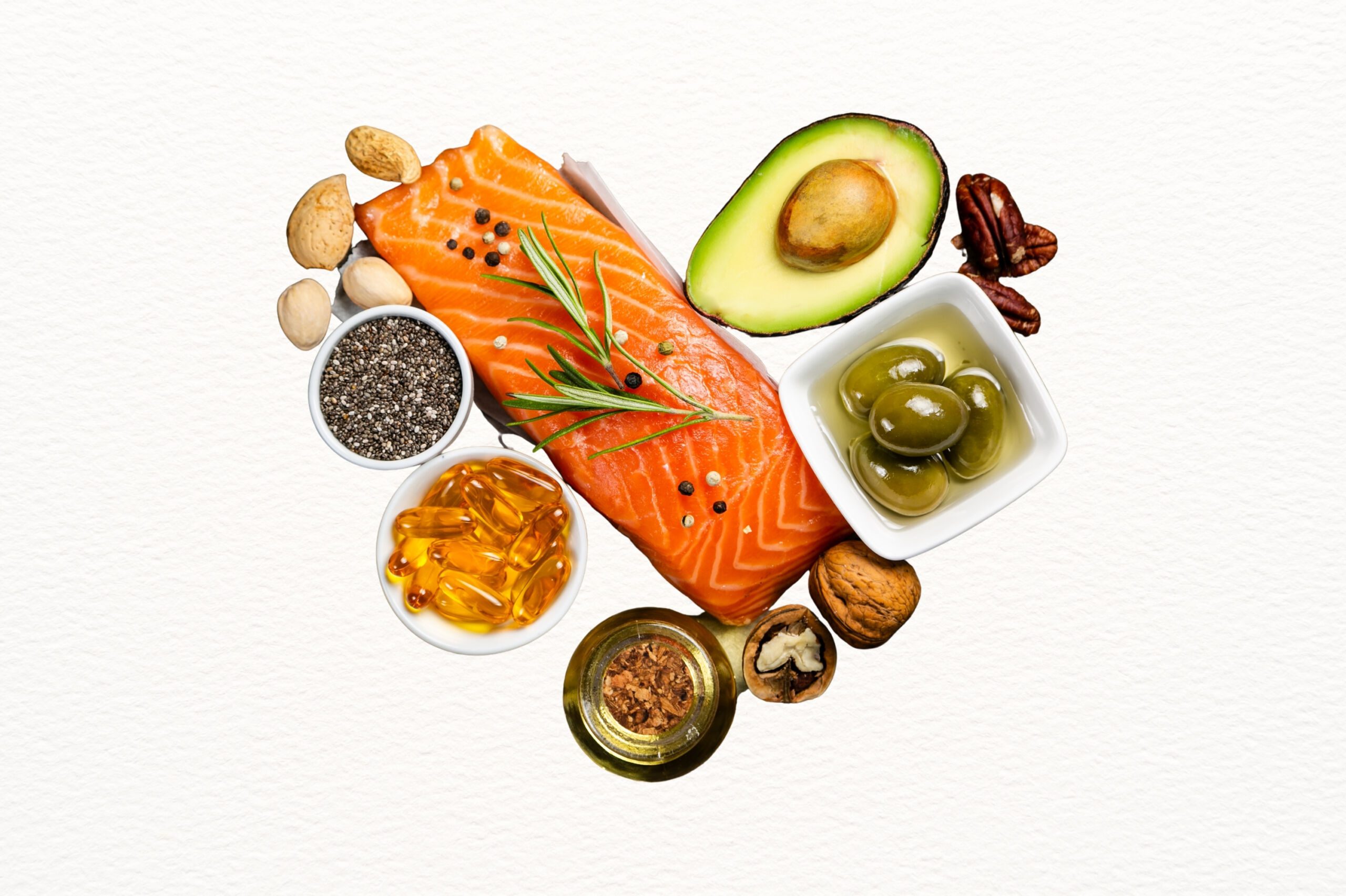Written by Dr. Jill Shainhouse, ND

If you’ve ever struggled with fatigue, joint pain, bloating, or unexplained weight gain, chronic inflammation might be playing a role. While short-term inflammation is a natural part of the body’s healing process, ongoing inflammation can contribute to a range of health issues—from arthritis to heart disease and even depression. The good news? What you eat can make a powerful difference.
What is an Anti-Inflammatory Diet?
An anti-inflammatory diet focuses on whole, nutrient-rich foods that support your immune system and reduce chronic inflammation. Rather than a strict set of rules, it’s more of a lifestyle approach that encourages balance and variety while avoiding processed and inflammatory foods.
It’s similar in many ways to the Mediterranean diet and is rich in:
- Colorful fruits and vegetables
- Whole grains
- Healthy fats like olive oil and avocados
- Fatty fish such as salmon and sardines
- Nuts and seeds
- Herbs and spices like turmeric, ginger, and garlic
Omega-3 vs. Omega-6 Fats: Why Balance Matters
Fats play a huge role in inflammation—some calm it down, while others can stir it up.
Omega-3 fatty acids are well-known for their anti-inflammatory properties. These are found in foods and supplements like:
- Fatty fish (salmon, mackerel, sardines)
- Flaxseeds and chia seeds
- Walnuts
- Algae-based supplements (especially for vegetarians/vegans)
- Fish oils
On the other hand, Omega-6 fatty acids, while essential in small amounts, can become pro-inflammatory when consumed excessively. These fats are found in:
- Vegetable oils like corn oil, sunflower oil, safflower oil, and canola oil
- Processed snack foods
- Fast food and fried items
The Western diet tends to be very high in omega-6s and low in omega-3s, which can promote chronic inflammation. Shifting this ratio by increasing omega-3 intake and reducing processed vegetable oils can have a big impact on your health.
Sample One-Day Anti-Inflammatory Menu
- Breakfast: Overnight oats with chia seeds, blueberries, walnuts, and a drizzle of honey
- Lunch: Grilled salmon salad with mixed greens, cherry tomatoes, cucumber, olive oil, and lemon dressing
- Snack: Apple slices with almond butter
- Dinner: Quinoa bowl with roasted sweet potato, broccoli, chickpeas, and tahini dressing
- Drink: Turmeric tea or water with lemon and fresh ginger
Conclusion
An anti-inflammatory diet is more than a food trend—it’s a long-term approach to health and vitality. By eating more whole, nourishing foods and also being mindful of fat sources—choosing omega-3s over excessive omega-6s—you can help your body naturally reduce inflammation.
Start small, stay consistent, and and your body will thank you in time.
